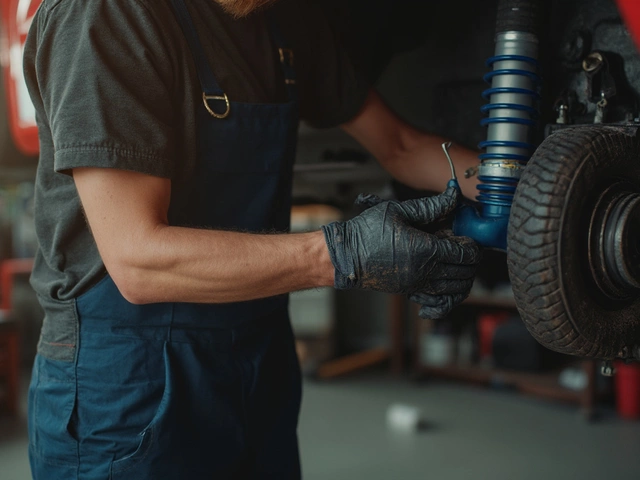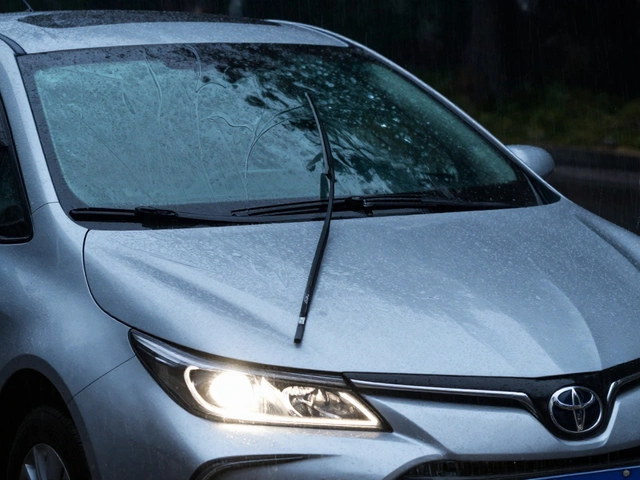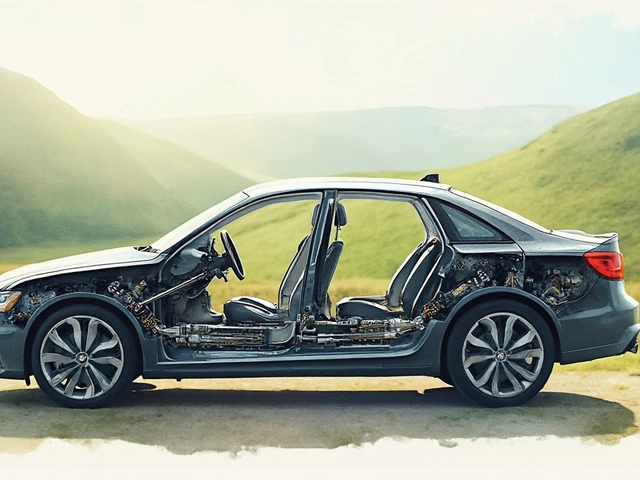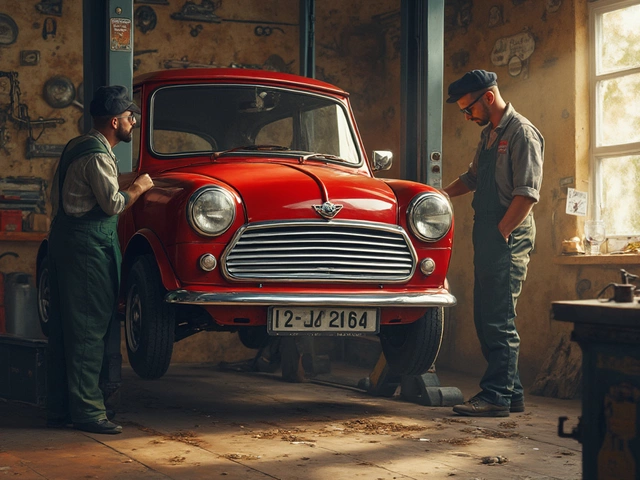Filter Cost Guide: How Much Should You Spend on Car Filters?
If you’ve ever wondered why some air filters cost twice as much as others, you’re not alone. Filters keep dust, debris, and harmful particles out of your engine and cabin, so they’re a crucial part of any car’s health. But price tags can be confusing, especially when you’re trying to stick to a budget.
First off, filter cost isn’t just about the brand name. It’s about the material, the size, and the specific job the filter does. An engine air filter, a cabin air filter, and a fuel filter each have different design requirements, and those differences drive price. In general, a basic paper air filter might run £5‑£10, while a high‑performance cotton‑gauze or synthetic filter can be £20‑£35. Cabin filters sit in a similar range, with cheap carbon‑block versions around £8 and premium HEPA‑type filters hitting £30.
What Affects the Price?
Material is the biggest factor. Paper filters are cheap to make, but they only last a few weeks to a couple of months. Synthetic media lasts longer and catches finer particles, which is why it’s pricier. Size matters too – a larger filter for a V8 engine uses more material, so the cost climbs. Finally, brand reputation and marketing add a markup. Some shops charge more simply because they’re a trusted dealer, not because the part is any better.
Another hidden cost is installation. If you’re not comfortable swapping filters yourself, labor can add £20‑£40 per job. That’s why many DIY‑friendly drivers prefer the cheaper, easy‑replace options. You can save a lot by buying the filter online and fitting it at home – just make sure you have the right tools and follow the car’s manual.
Tips to Get the Best Value
1. Know your car’s needs. Check the owner’s manual for the recommended filter type and replacement interval. Don’t over‑pay for a high‑flow filter if your daily driving is mostly city traffic.
2. Compare specs, not just price. Look for filtration efficiency ratings (e.g., 99% particle capture) and flow rates. A filter that lets air flow too freely can reduce engine protection, while a filter that’s too restrictive can hurt fuel economy.
3. Buy in bulk or from reputable online stores. Many retailers offer discounts on multi‑packs, which can shave £5‑£10 off each unit.
4. Consider a reusable filter if you drive a lot. Though the upfront cost is higher, you’ll only need cleaning supplies, and the long‑term savings can be significant.
5. Keep an eye on sales. Seasonal promotions at auto parts shops often include discounts on filters, especially when new model years arrive.
Bottom line: You don’t need to splurge on every filter, but cheap isn’t always smart either. Balance material quality, lifespan, and your own willingness to do the install. With a little research, you’ll know exactly how much to spend to keep your engine, cabin, and fuel system clean without hurting your wallet.
 28 April 2025
28 April 2025
Are Washable Air Filters Worth It? Real Pros, Cons & Tips
Washable air filters sound like a simple way to cut costs and waste, but the real-world trade-offs can surprise you. This article breaks down what washable filters actually do, how they stack up against disposable options, and whether they make sense for your home. Find out about maintenance, air quality, long-term costs, and which households can genuinely benefit. You'll get clear tips on care and honest guidance for making the best choice for your air system. No nonsense, just facts and practical advice.
Latest Posts
-

What to Do After Replacing Suspension: Keep Your Ride Smooth
-

Can You Drive With a Bent Suspension? Dangers, Signs, and Real Fixes
-

Do Wiper Blades Need to Be Exact Size? What Really Matters for Clear Vision
-

What's in a Suspension? Understanding the Essential Parts
-

How Much is a New Fuel Pump? Costs & Tips
Tags
- car maintenance
- engine oil
- spark plugs
- brake pads
- engine performance
- vehicle maintenance
- spark plug replacement
- windshield wipers
- fuel pump
- suspension parts
- clutch replacement
- oil change
- clutch kit
- car suspension
- car performance
- air filters
- car radiator
- exhaust systems
- fuel pump replacement
- engine misfire

0